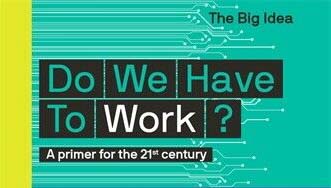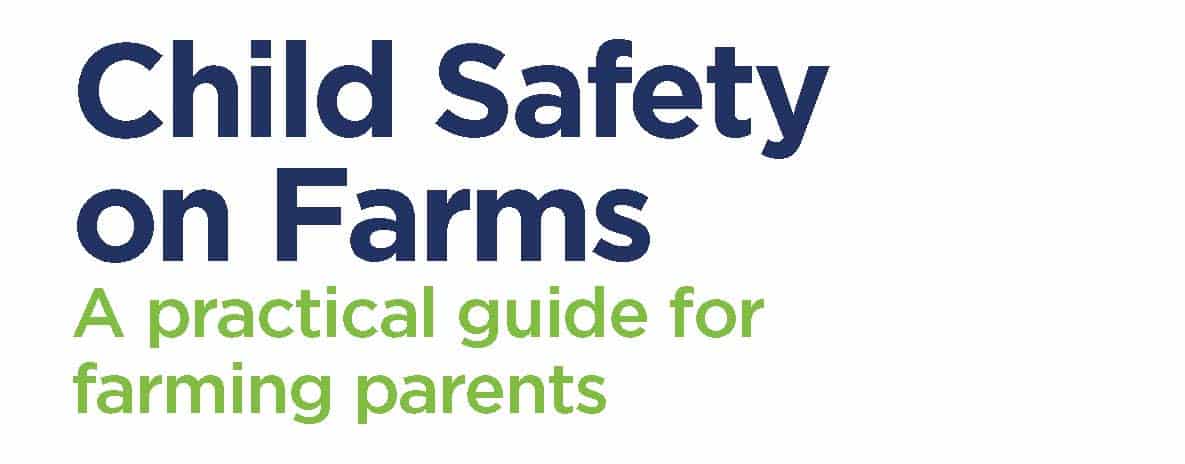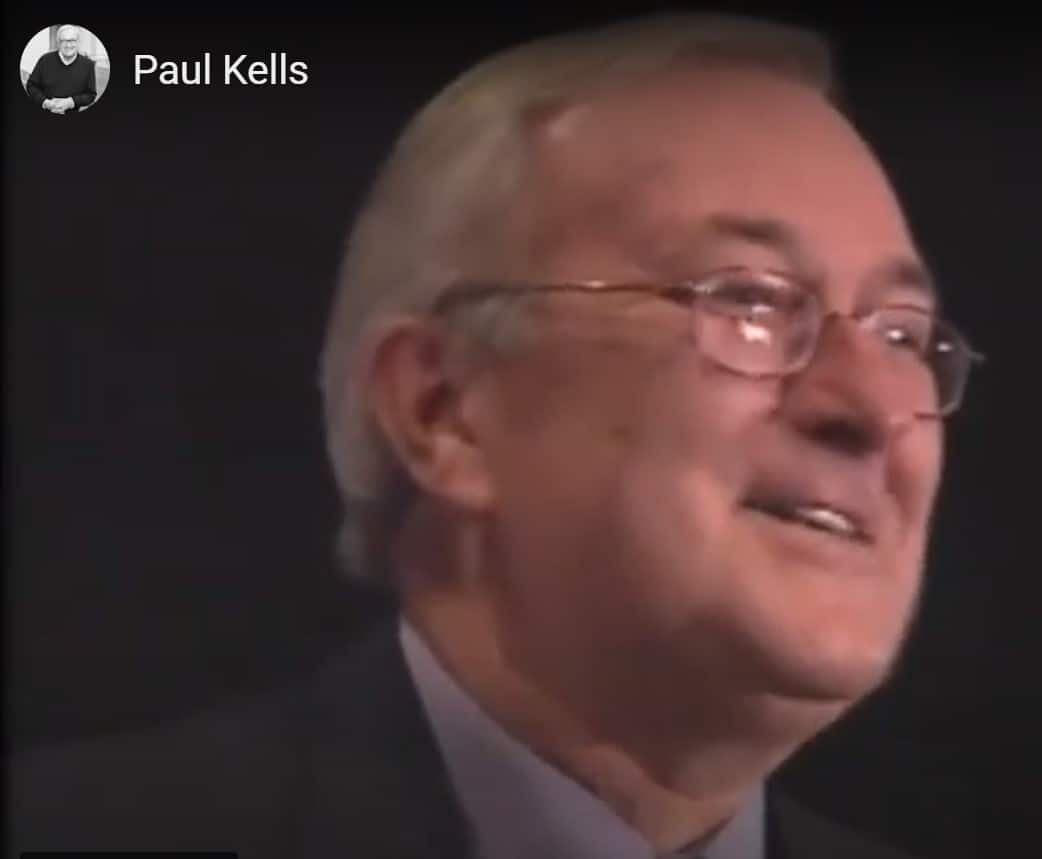There is an increasing trend to look deeper into the causal factors of workplace incidents and poor worker health in the physical and psychological contexts. This is partly due to “systems thinking” and partly dissatisfaction with failed regulatory and psychological strategies that promised so much but have failed to realise the promise. The trend needs some boosting by the occupational health and safety (OHS) community, which itself needs upskilling.
Category: community
Don’t mention profit
The primacy of profit to employers is an accepted truth. However, the size of the profit and the pathway to those profits are not absolutes, and it is in this latter context that occupational health and safety (OHS) lives.
Even though profit is a business truth, it is often a word that business representatives seem to fear. They speak of profit through synonyms like “productivity” and “competitiveness”. An example of this timidity or wariness was displayed recently by prominent businessman Michael Angwin in an opinion piece in the Australian Financial Review (paywalled) that contained many other cautious words of business jargon. Angwin misses the harm to workers and others generated by the world as he sees it.
Do we have to work?
You often learn more about your area of speciality from reading outside of that speciality. Matthew Taylor’s book “Do We Have To Work?” is one of those books though it overlaps with occupational health and safety (OHS), if one thinks of the role and place of OHS in modern business.
The Big Idea series of books by Thanes & Hudson uses a jaunty format that is jarring in some ways but attractive in others. Its pages use fonts of different sizes, lots of colour images and highlighted cross-references that look like a Dummies Guide on acid, but the content is so good the reader works out where to look and what to choose fairly quickly.
Why are farms still unsafe?
The start of School Holidays is always a good time to issue reminders of the risks associated with farms, beaches and wherever holidaymakers go. The Victorian Farmers Federation (VFF), recently reinvigorated in its occupational health and safety (OHS) efforts, has released a new safety booklet – “Child Safety on Farms – A practical guide for farming parents“. However, the coverage of this guide by the ABC is a little loose.
COVID-19 lessons are more likely to come from an independent investigation than from OHS prosecutions
WorkSafe Victoria has a window of two years, within which it must start a prosecution for breaches of the occupational health and safety (OHS) legislation. As a result, a small number of notable prosecutions commenced recently from the early days of the coronavirus pandemic.
Over the last few weeks, Worksafe has started court action against St Basil’s Homes For The Aged, Heritage Care Pty Ltd and an individual nurse.
Nobody hates ‘”reasonably practicable” – we tolerate it
Do unions want employers to hold an absolute duty of care for work health and safety? Do unions hate the concept “as far as is reasonably practicable”?
The last Australian jurisdiction to hold employers to an absolute duty of care was New South Wales. That position was eroded by the harmonisation process and NSW OHS laws moving to the Work Health and Safety regime. An absolute duty of care, in the SafetyAtWorkBlog dictionary, is that the employer is responsible for any injuries occurring at work.
2000 Interview with Paul Kells
Recently Paul Kells passed away. Paul had a major influence on workplace health and safety awareness and promotion around the world. He was the founder of the Safe Communities Foundation in Canada. I was able to interview Paul prior to his attendance at a Symposium on the “Global Perspectives on Effective Workplace Safety Strategies” in Melbourne, Australia on the 15th and 16th of March 2000.
The full interview from the SafetyAtWork magazine is reproduced below and on open access. I think this interview and the Youtube video insert below gives a good indication of Paul’s passion and pain and our loss. (Paul’s memorial service will be on October 8)
SAW: How did the Safe Communities Foundation start and where is it at?
PAUL: My son was 19 years old and he was killed in an accident in a small warehouse in a suburb of Toronto. In this little shop, it was a small business with only 4 or 5 people there. He got the job through a friend whose father ran the business. It was the second or third day on the job and he was asked to go back and decant some fluid from a large drum to some small vessels.
Continue reading “2000 Interview with Paul Kells”






